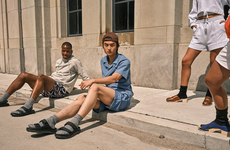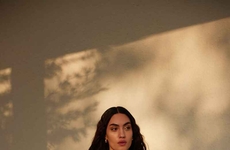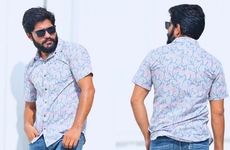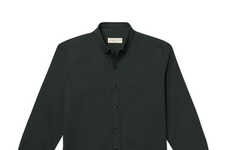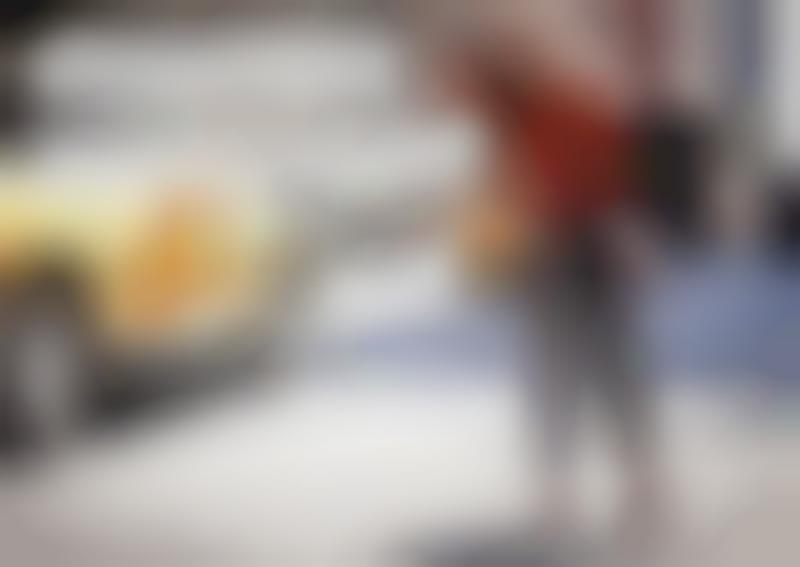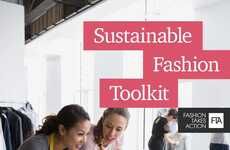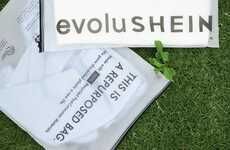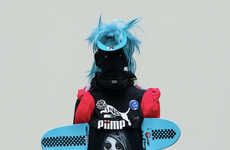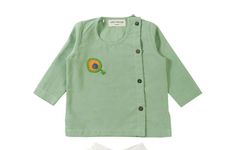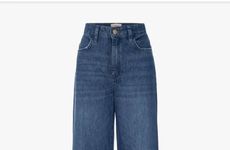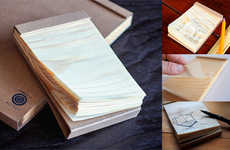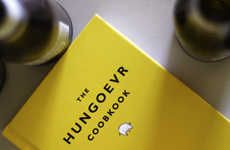
Greta Eagan's Wear No Evil Book Encourages Eco-Friendly Styles
Jana Pijak — October 1, 2014 — Eco
References: noevil & coolhunting
Entrepreneur and stylist Greta Eagan’s latest book takes sustainable fashion to another level and encourages one to consider how eco-friendly their clothes are. Entitled ‘Wear No Evil’, this book chronicles the best in sustainable fashions and features a versatile range of clothes that includes eco-friendly couture staples as well as biodegradable sneakers.
When many think of sustainability, fashion is often over-looked. Greta Eagan’s ‘Wear No Evil’ book aims to educate one about the production of our clothing. In addition to industrial details, the book also looks at the unethical treatment of the farmers and artisans who often construct our affordable clothing for an unfair wage.
Her written piece aims to illustrate the importance of sustainable fashion and proves that looking good and being socially conscious can go hand-in-hand.
When many think of sustainability, fashion is often over-looked. Greta Eagan’s ‘Wear No Evil’ book aims to educate one about the production of our clothing. In addition to industrial details, the book also looks at the unethical treatment of the farmers and artisans who often construct our affordable clothing for an unfair wage.
Her written piece aims to illustrate the importance of sustainable fashion and proves that looking good and being socially conscious can go hand-in-hand.
Trend Themes
1. Sustainable Fashion - Disruptive innovation opportunity: Developing new materials and technologies that reduce the environmental impact of fashion production.
2. Eco-friendly Fashion - Disruptive innovation opportunity: Creating fashion items that are both stylish and made from sustainable materials.
3. Ethical Fashion - Disruptive innovation opportunity: Implementing fair trade practices and ensuring the ethical treatment of workers throughout the fashion supply chain.
Industry Implications
1. Fashion Industry - Disruptive innovation opportunity: Incorporating sustainable practices into traditional fashion manufacturing and retail.
2. Textile Industry - Disruptive innovation opportunity: Developing eco-friendly textiles and fabrics that can be used in sustainable fashion production.
3. Retail Industry - Disruptive innovation opportunity: Promoting and supporting the growth of eco-friendly and ethical fashion brands in retail stores.
5.6
Score
Popularity
Activity
Freshness


